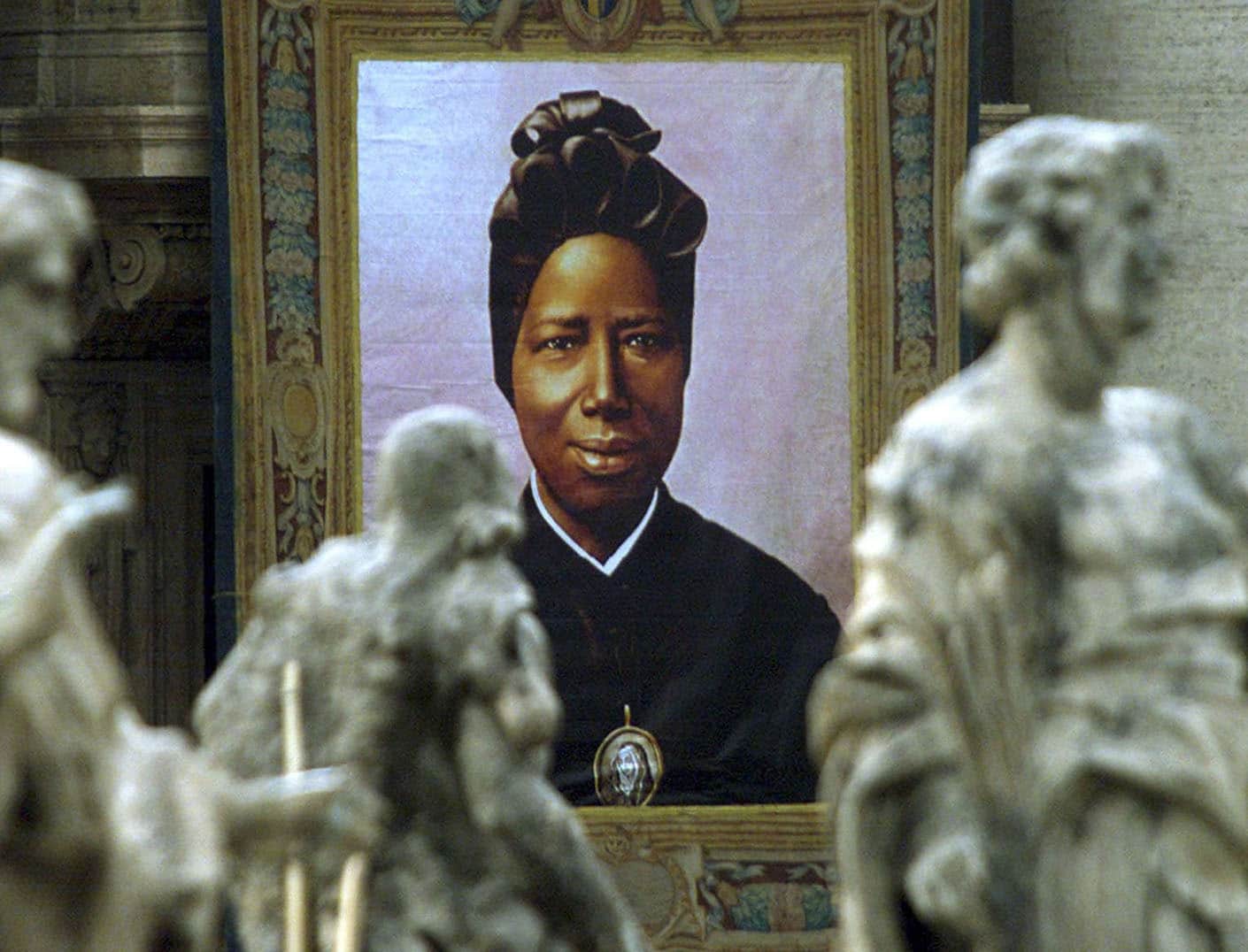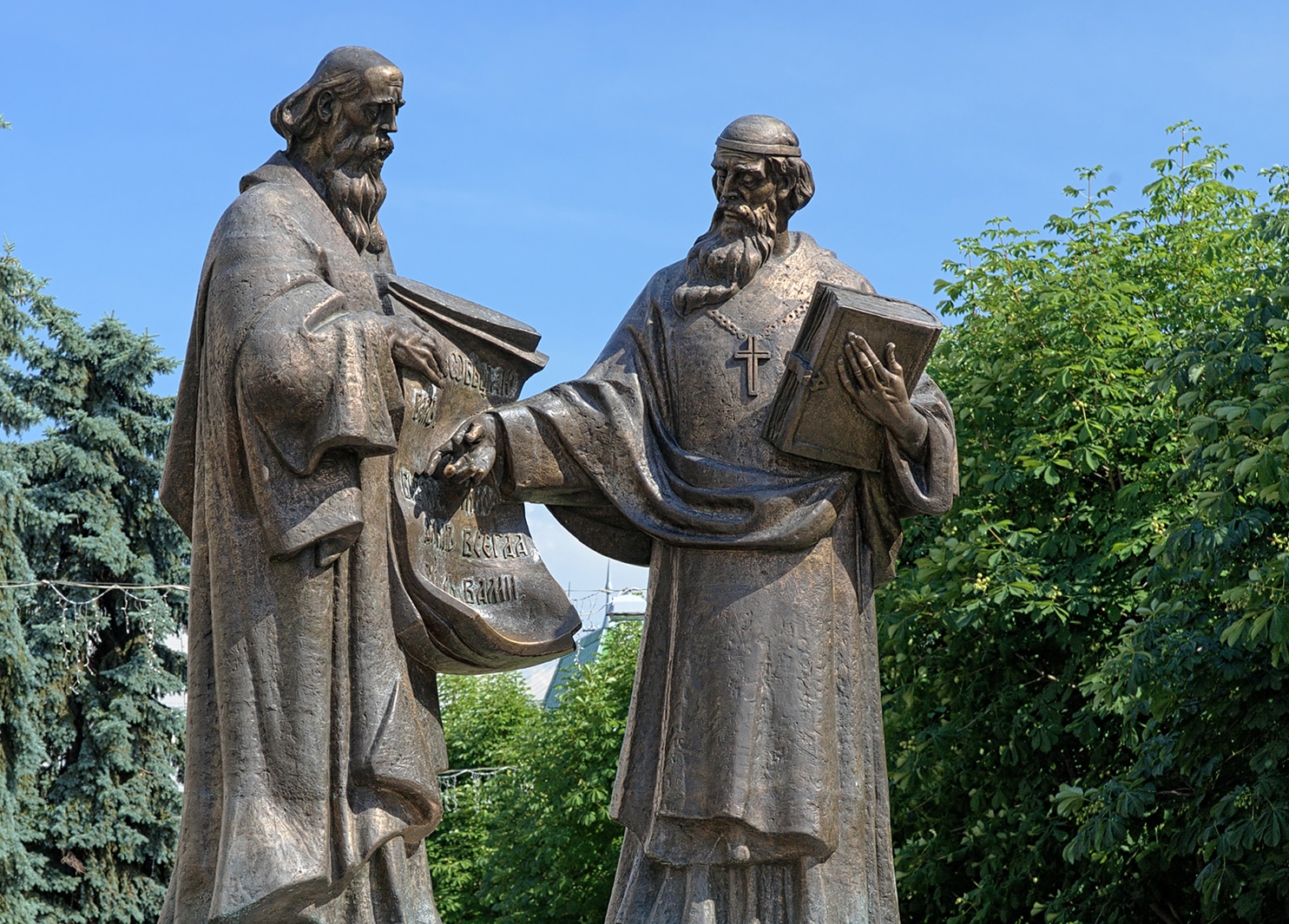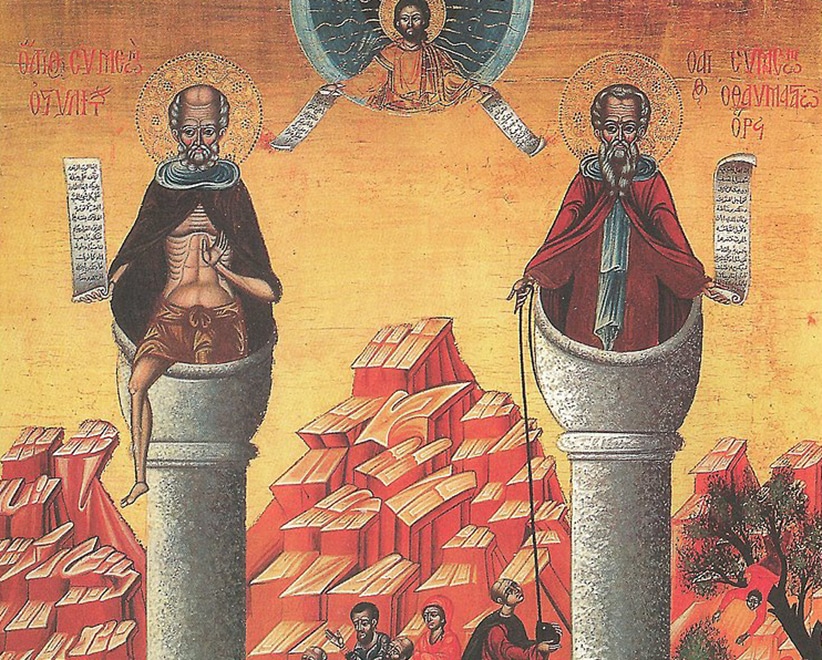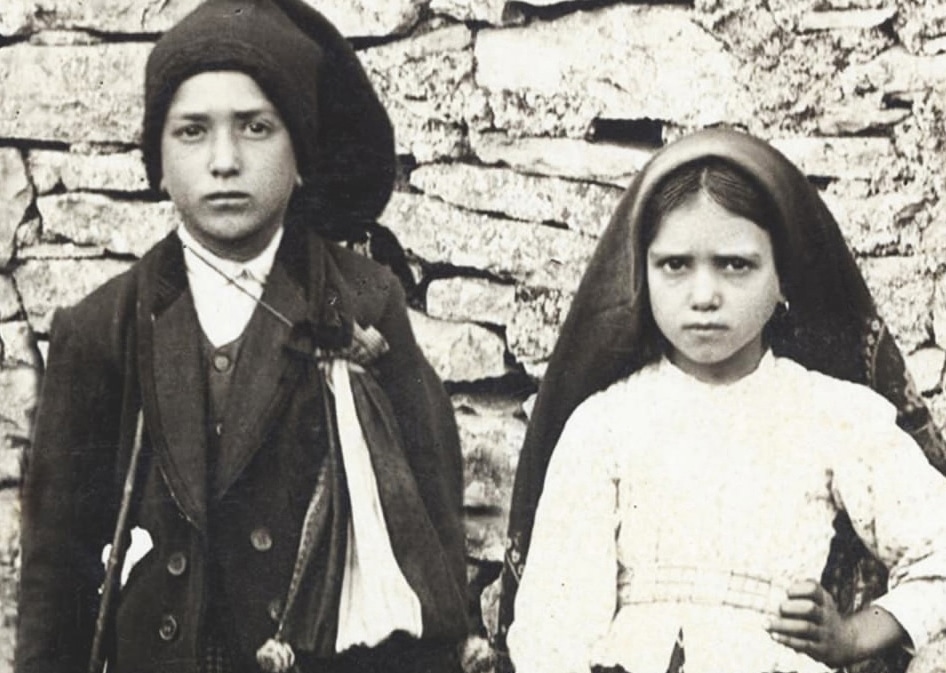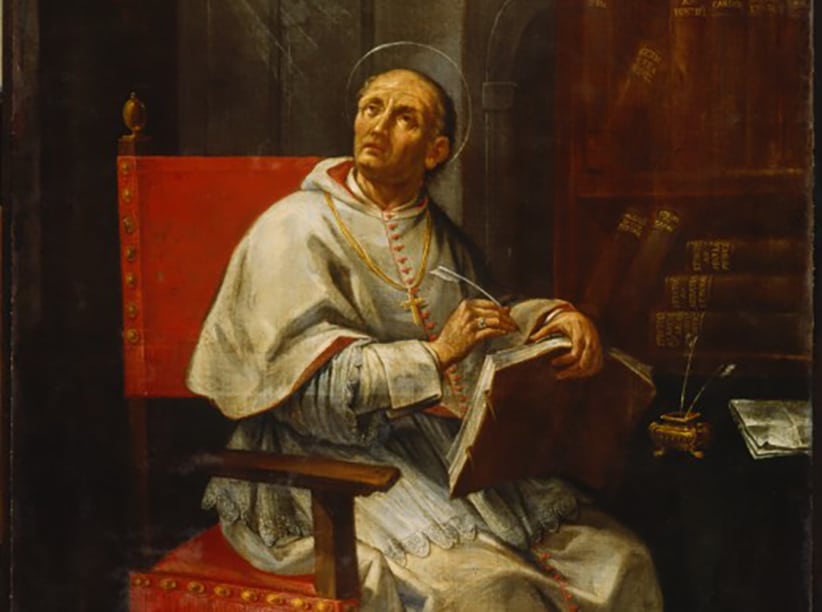St. Josephine Bakhita
Feast day: February 8
St. Josephine Bakhita is a true witness to the power of the love of God in overcoming the worst experiences. Born in Sudan in 1869, she was kidnapped at nine years of age and sold into slavery. Experiencing both physical and moral humiliations, she was eventually purchased by an Italian Consul and for the first time experienced the love and compassion of Christ when she was no longer beaten.
Eventually moving back to Italy with the consul, she was settled with another Italian family who, prior to their professional relocation to Africa, entrusted Bakhita to the Canossian Sisters of the Institute of the Catechumens in Venice. There Bakhita recognized the God she always knew in her heart. “Seeing the sun, the moon and the stars, I said to myself: Who could be the Master of these beautiful things? And I felt a great desire to see him, to know him and to pay him homage ….”
After studying the Faith as a catechumen, Bakhita received the sacraments and was given the new name, Josephine. Overjoyed at her baptism, she was often seen kissing the baptismal font and exclaiming, “Here, I became a daughter of God!” When her Italian host family returned from Africa to take back Bakhita, she, with unusual firmness and courage, expressed her desire to remain with the Canossian Sisters now that she had come of legal age and to serve the God, who she could see loved her so much.
Bakhita experienced the call to be a religious and to give herself to the Lord in the Institute of St. Magdalene of Canossa. On Dec. 8, 1896, Josephine Bakhita was consecrated forever to God as a Daughter of Charity and as a sister, engaged in various services: cooking, sewing, embroidery and attending to the door. Particularly when on duty at the door, Bakhita was a witness of love in her humility and simplicity expressed by a constant smile and a strong desire to make the Lord known.
In his encyclical Spe Salvi, or “Saved by Hope,” Pope Benedict XVI cites St. Josephine Bakhita as an example of hope spurred on by the love of God when he quotes her: “I am definitively loved and whatever happens to me — I am awaited by this Love. And so my life is good.” Pope Benedict continues, “Through the knowledge of this hope she was ‘redeemed,’ no longer a slave, but a free child of God. She understood what Paul meant when he reminded the Ephesians that previously they were without hope and without God in the world — without hope because without God … The hope born in her which had ‘redeemed’ her she could not keep to herself; this hope had to reach many, to reach everybody.”
At her canonization ceremony on Oct. 1, 2000, Pope St. John Paul II said of St. Josephine: “In today’s world, countless women continue to be victimized, even in developed modern societies. In St. Josephine Bakhita we find a shining advocate of genuine emancipation. The history of her life inspires not passive acceptance but the firm resolve to work effectively to free girls and women from oppression and violence, and to return them to their dignity in the full exercise of their rights.”
Reflection
Dear Jesus, when bad things happen and people disappoint me, help me to remember your great love for me in giving me the dignity of a child of God. Help me to forgive those around me, and make me an instrument of your hope and love in this world, no matter what happens.
Prayer
O God, who led Saint Josephine Bakhita from abject slavery
to the dignity of being your daughter and a bride of Christ,
grant, we pray, that by her example
we may show constant love for the Lord Jesus crucified,
remaining steadfast in charity
and prompt to show compassion.
Through our Lord Jesus Christ, your Son,
who lives and reigns with you in the unity of the Holy Spirit,
God, for ever and ever.

